Ministry of Finance VAT information update (July 2017)

The eagerly awaited VAT Procedures law and the detailed VAT law are subject to review by the UAE Government. There are two sources of information, which can help small, and medium-sized businesses in the UAE prepare for VAT. The first is the GCC VAT Framework, which sets out the broad rules in which the GCC states will be implementing VAT. The second is the information updated on the MOF (Ministry of Finance) website which details some of the basic information on VAT which can be useful. In this article, we will provide an update on the new information released in July 2017. The following sections are abbreviated from the website.
Length of record-keeping for VAT Invoices
VAT registered businesses must retain invoices issued and received for a minimum of 5 years.
How does a business determine the place of supply?
The place of supply will determine whether a supply is made within the UAE (subject to VAT), or outside the UAE. For a supply of goods, the place of supply should be the location of goods when the supply takes place. For the supply of services, the place of supply should be where the supplier is established.
Is it possible to offset customs duty against VAT payments?
VAT is payable on top of custom duties paid and cannot be deducted. VAT shall be computed on the value that includes the customs duties.
How does VAT affect real estate?
The VAT treatment of real estate will depend on whether it is a commercial or residential property. In general terms, supplies (including sales or leases) of commercial properties will be taxable at the standard VAT rate. Supplies of residential properties will generally be exempt from VAT.
Which industry sectors will be zero-rated?
VAT will be charged at 0% for the following categories of supplies:
- Exports of goods and services outside the GCC;
- International transportation, and related supplies;
- Supplies of certain sea, air, and land mean of transportation (such as aircraft and ships);
- Certain investment grade precious metals (e.g. gold, silver, of 99% purity);
- Newly constructed residential properties, that are supplied for the first time within 3 years of their construction
- Supply of certain education services, and supply of relevant goods and services;
- Supply of certain Healthcare services, and supply of relevant goods and services.
Which industry sectors will be exempt?
The following categories will be exempt:
- The supply of some financial services;
- Residential properties;
- Bare land; and
- Local passenger transport
Is there scope for VAT grouping?
Businesses under certain requirements will be able to register as a VAT group. This will be useful for simplifying VAT accounting.
Will there be a VAT bad debt relief?
VAT registered businesses will be able to reduce their output tax by the amount of VAT that relates to bad debt which has been written off.
Will there be a margin scheme?
A double taxation situation can arise where second-hand goods are acquired by a registered person from an unregistered person for resale. Here, the VAT-registered person would account for VAT on the profit margin when sold.
How will partial exemption work?
In the situation where an expense relating to a non-taxable supply, the registered person may not recover the input tax paid. However, in certain situations, an expense may relate to both taxable and non-taxable supplies made by the registered person. In these circumstances, the registered person would need to apportion input tax between the taxable and non-taxable (exempt) supplies.
What are the causes that would lead to the imposition of penalties?
Penalties will be imposed for non-compliance. Examples: failure to register, failure to submit a tax return or payment in time, failure to keep adequate records, and tax evasion.
Will there be any special schemes for SMEs?
There are no special rules planned for small or medium-sized enterprises.
Will there be transitional rules?
Special rules will be provided to deal with various situations that may arise in respect of supplies that occur during the period when VAT is introduced.
How will insurance be treated?
Generally, insurance (vehicle, medical, etc) will be taxable. Life insurance, however, will be treated as an exempt financial service.
How will Islamic finance be treated?
VAT treatment of Islamic finance products will be aligned with the treatment of similar standard financial services.
Would UAE nationals be able to claim VAT?
A scheme will be introduced to allow a UAE national who is not registered for VAT to reclaim VAT paid on goods and services relating to constructing a new residence which will be privately used by the person and his family. This will allow the recovery of VAT on such expenses as the contractor's services and building materials.
How fast will refunds be released?
Refunds will be made after the receipt of the application and subject to verification checks, with a particular focus on avoiding fraud.
Can we expect the FTA (Federal Tax Authority) to issue rulings or provide tax advice?
The FTA may provide its views on various matters in the law and taxpayers may choose to challenge these views. Note that penalties may be imposed on taxpayers who are found to violate any tax laws and regulations.
Can a business issue cash receipts instead of VAT invoices?
A business VAT registered business must issue a valid VAT invoice for the supply. To be considered a valid VAT invoice, the document must follow a specific format as mentioned in the legislation.
Which type of VAT can businesses not claim?
VAT will not be deductible for making non-taxable supplies. Input tax cannot also be deducted if it is incurred in respect of specific expenses.
Under which conditions will businesses be allowed to claim VAT incurred on expenses?
VAT on expenses that were incurred by a business can be deducted in the following circumstances:
- The business must be a taxable person
- VAT should have been charged correctly
- The business must hold documentation showing the VAT paid
- The goods or services acquired are used or intended to be used for making taxable supplies.
- VAT input can only be claimed within 6 months of the expense occurring.
Are non-residents required to register for VAT?
Non-residents who make taxable supplies in the UAE will be required to register for VAT unless there is any other UAE resident person who is responsible for accounting for VAT on these supplies.
Will VAT be paid on imports?
VAT is due on the goods and services purchased from outside the GCC. If the recipient is a VAT registered person, then the import will be recorded via a reverse charge mechanism. If not registered then the goods will be charged VAT before goods are released to the person.
How will Government Entities be treated for VAT purposes?
Supplies made by government entities will typically be subject to VAT. However, certain supplies will be excluded from the scope of VAT. For supplies made to a government entity that is subject to the standard rate, then treatment remains the same even if provided to a government entity.
Does VAT have to be reported in each of the Emirates?
It is expected that businesses will need to complete additional information on their VAT returns to report revenues earned in each Emirate.
Are goods that are exempt from customs duties also exempt from VAT?
There may be goods, which are imported, that are exempt from customs duties but subject to VAT. Please note that this article has been prepared in general terms and therefore cannot be relied on to cover specific situations; application of the principles set out will depend upon the particular circumstances involved and we recommend that you obtain professional advice before acting or refraining from acting on any of the contents of this publication.
Alpha Pro Partners would be pleased to advise you on how to apply the principles set out in this publication to their specific circumstances. Alpha Pro Partners accept no duty of care or liability for any loss occasioned to any person acting or refraining from action as a result of any material in this course.

.webp)


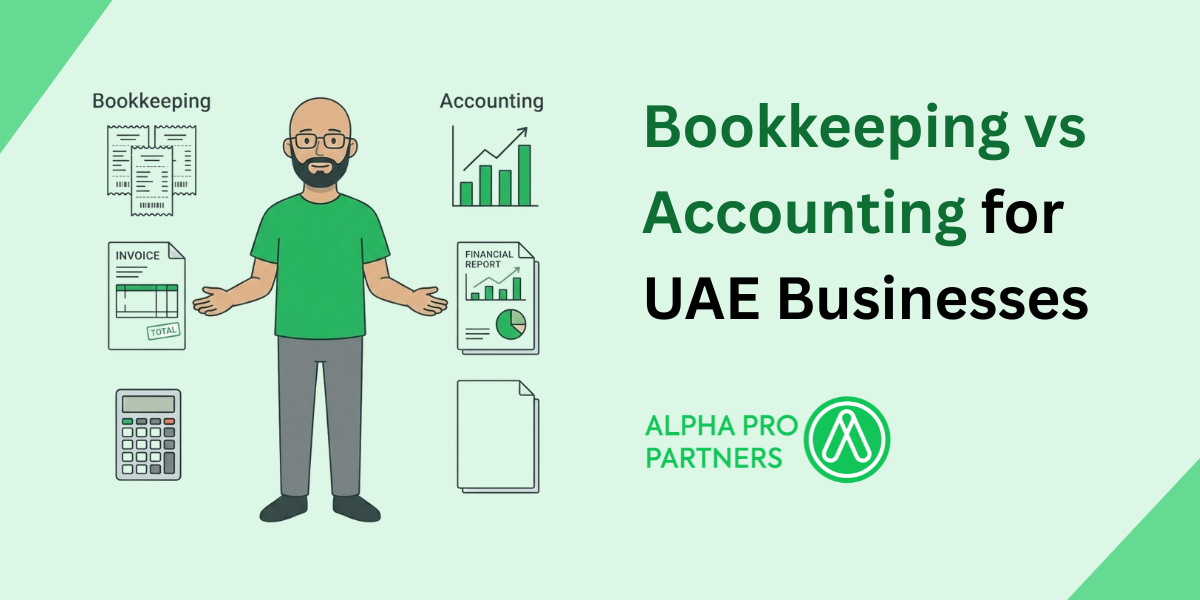
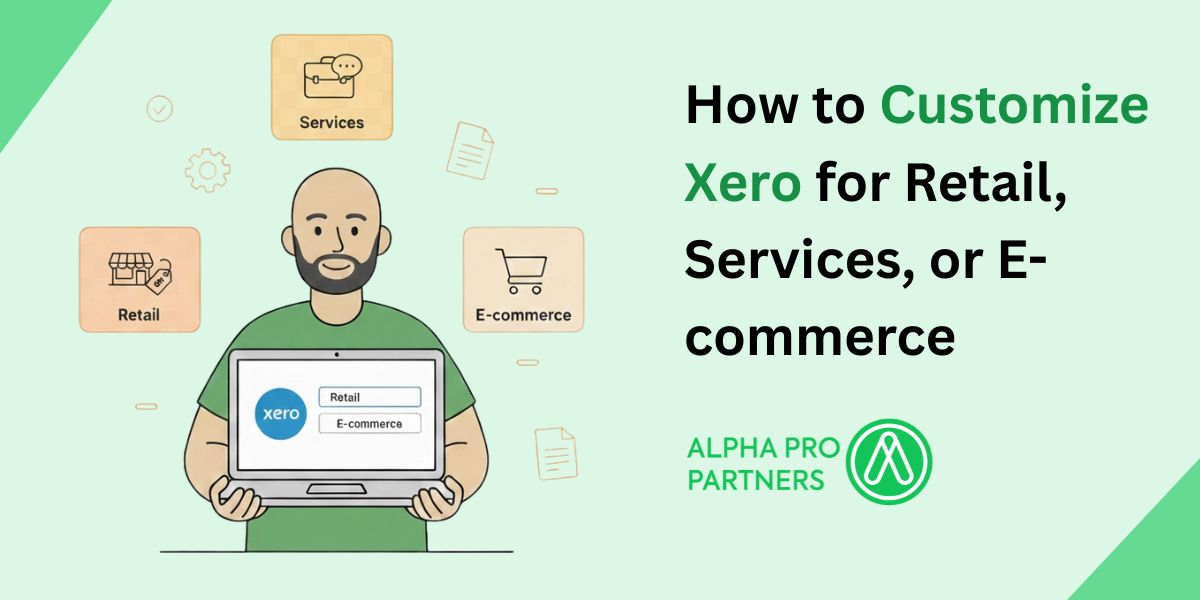

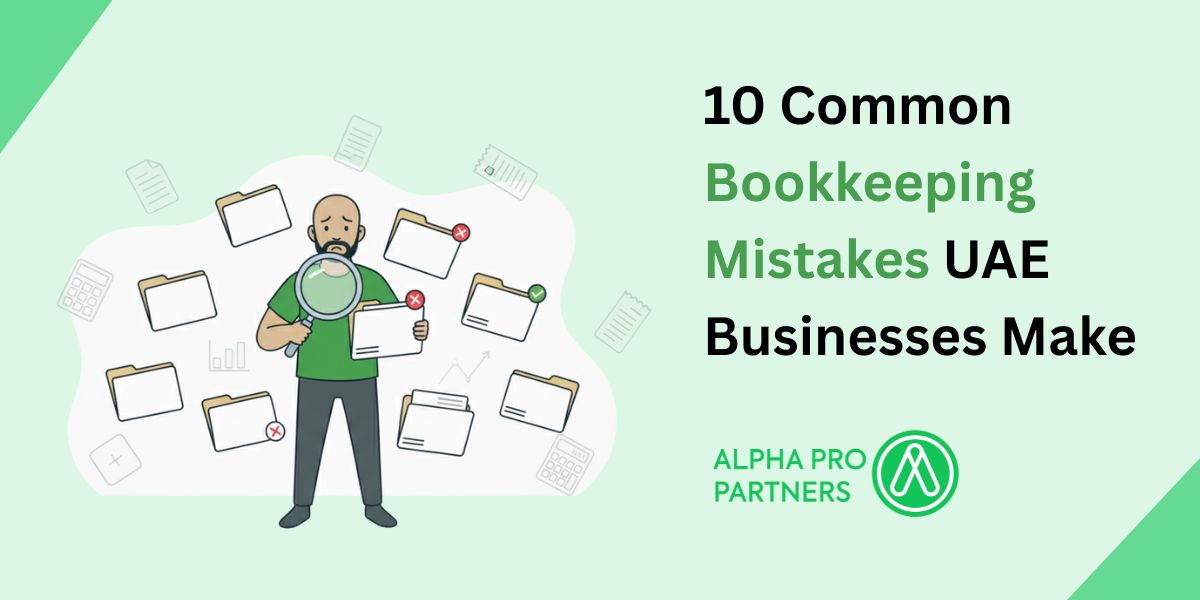
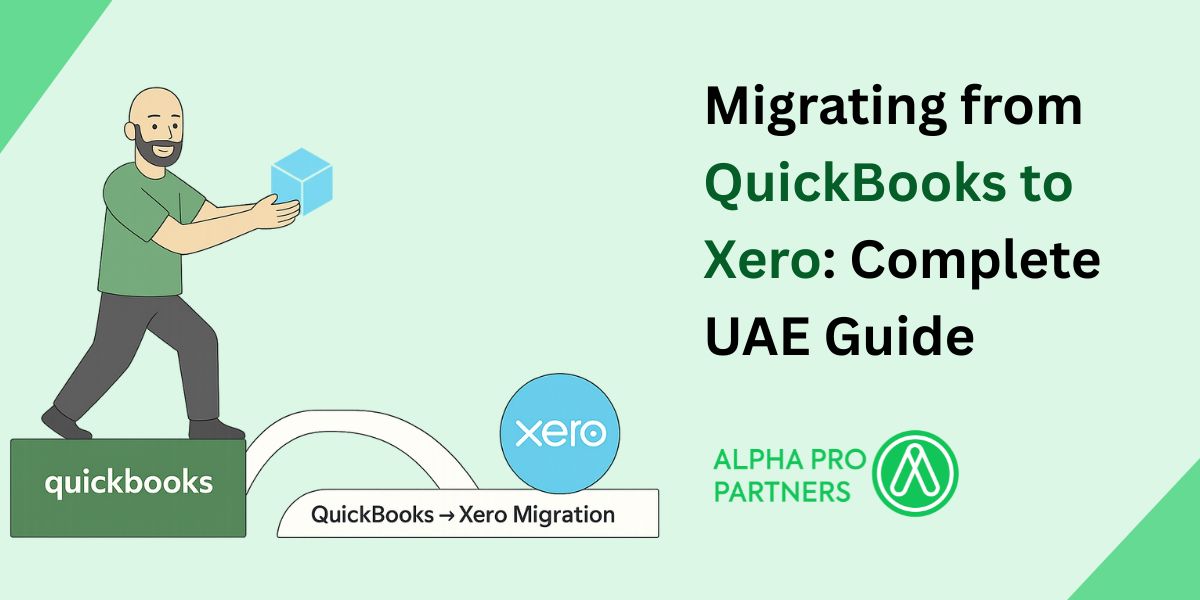
%20Widgets%2C%20Shortcuts%20%26%20Customisation.jpg)








.webp)
.webp)


.png)
.png)
.png)
.png)
.png)

.png)
.png)



.png)
.png)





.jpg)


.jpg)





.png)
.png)





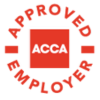
.png)


